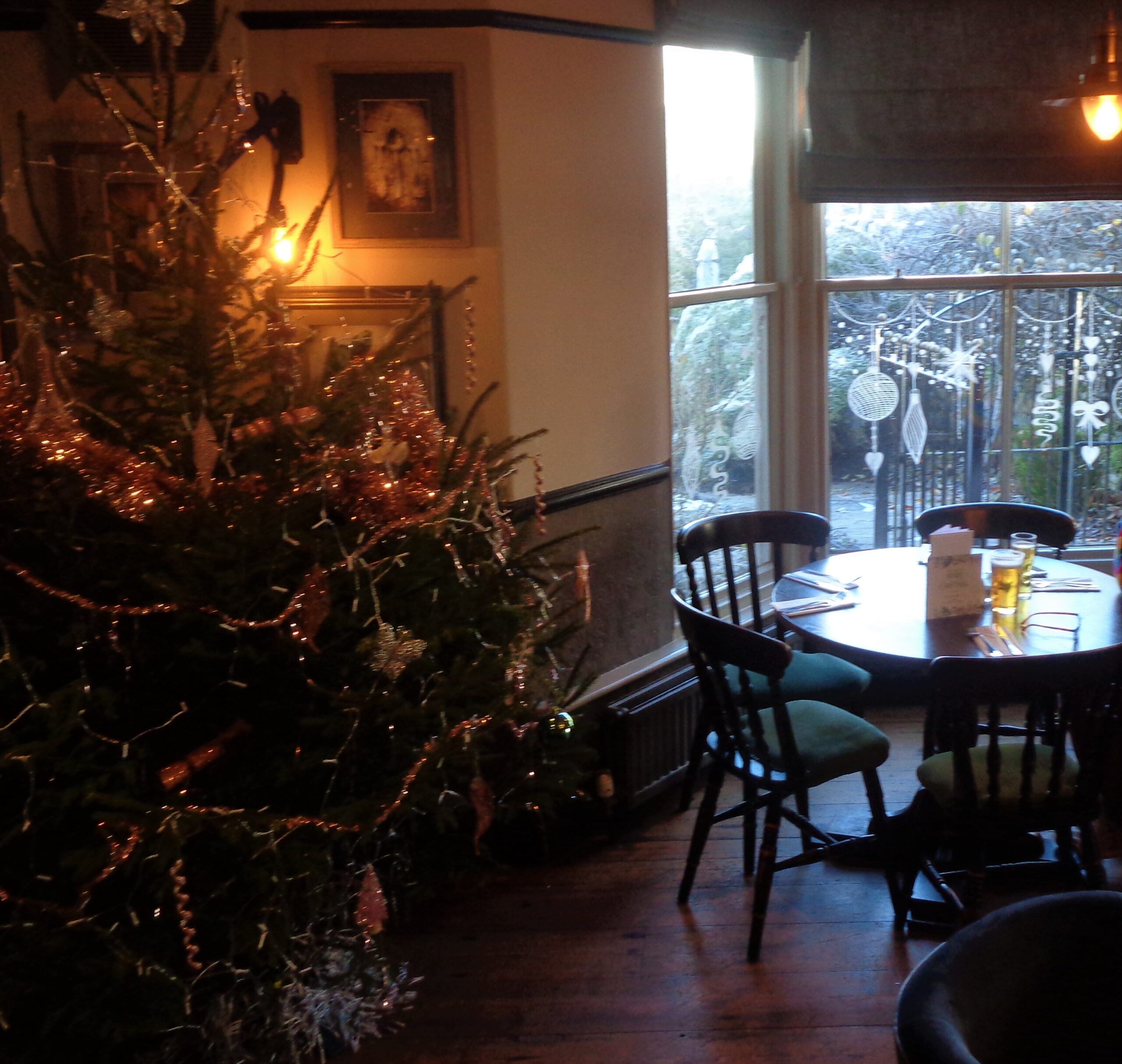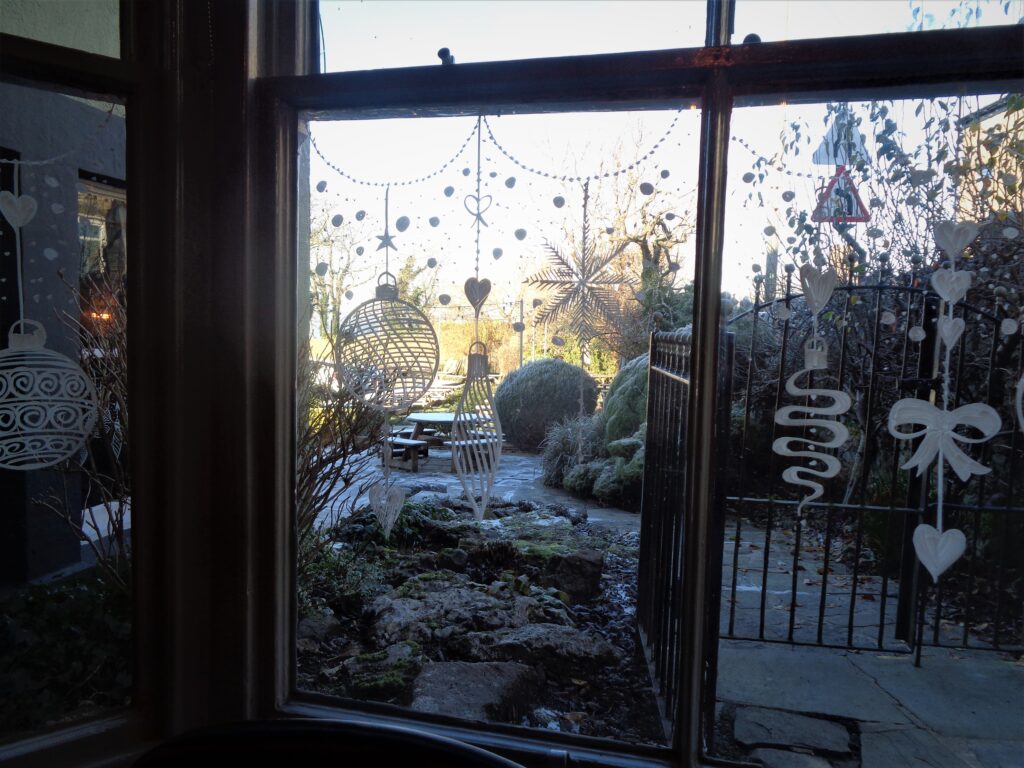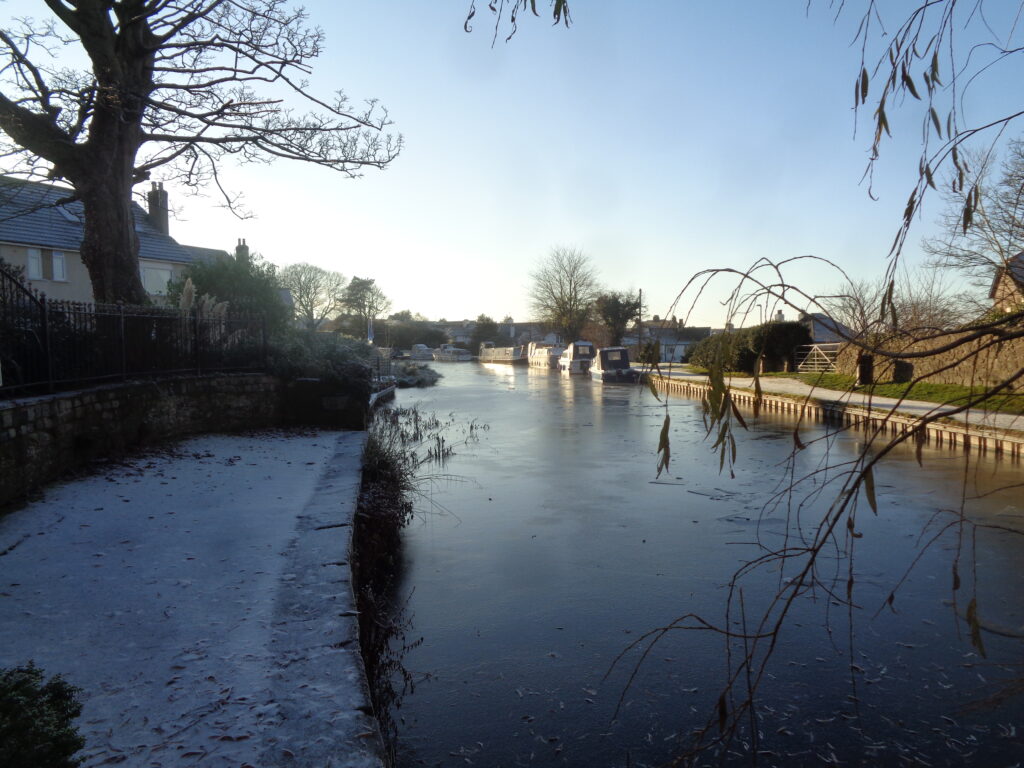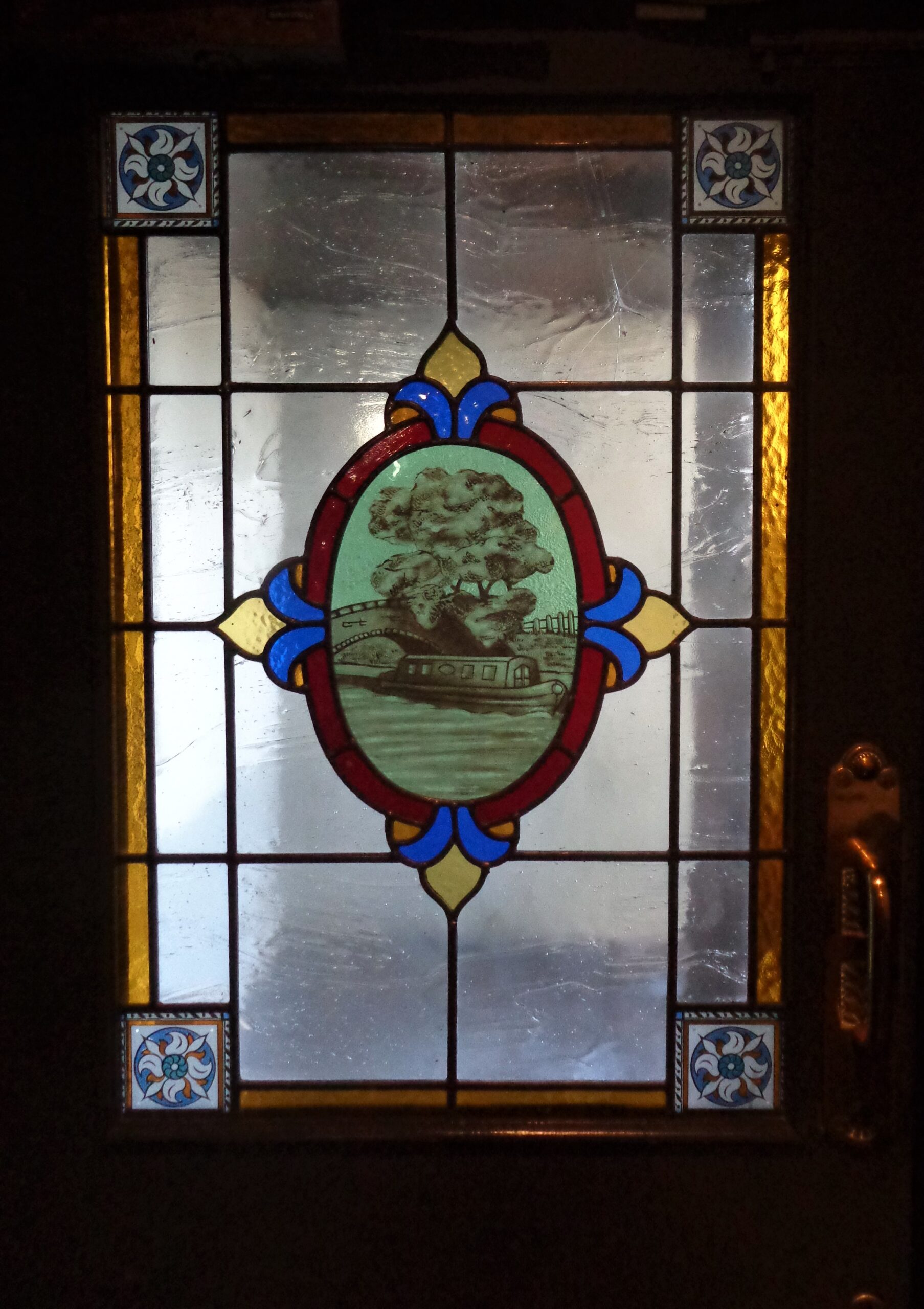
(Hest Bank not Arrowsby-on-Lyre in the 70s). 12th December 2022
“It’s too hot!” proclaimed the Golden Fleece, returning to their lunchtime spot to collapse into the variegated shade. “What’s that book?”
“It’s so different to what it’s like in winter,” stressed Gypsy Moth leaning on the tree to regard the long hill on the opposite side of the river. “I can’t believe that’s where we sledge.”
“It is very different,” agreed Volcano, still half resident on a Mediterranean isle. When it was this warm, it was a rare luxury to think of snow and twilight. For eight months of the year the house was far too cold, and for more than half that time, colder still. He started to tell the children about winter in Arrowsby-on-Lyre and was drawn in himself. Fascinated, he thought of long-dimmed, school Christmas services, their spouted hymns and hypocritical sermonizing – the experience of which seemed virtually universal.

(Hest Bank not Arrowsby-on-Lyre). 12th December 2022
As he tried to fathom aloud that distant atmosphere, either the children were interested or else too hot to move away. Despite the inconsequence of what he and his past friends must have said, the banality of their declarations, and the weight of meaning that must have been added in hindsight, somehow, he felt that each character he recalled should not merely be a foil for another. Still less should they resemble mannequins mouthing the pathways to a foregone conclusion. Perhaps it was only a sublime nostalgia in his head, that made the apocryphal half-truth of those annual winter journeys to a Victorian church (the whole school, a column of enforced pilgrims), lose all the dullness it must have had at the time?
“It can’t have been more than a mile and a half,” he told his listeners, “but in memory it has the scale of an epic. As if we were a wagon-train of settlers crossing the old west.” This eccentric comparison, he knew would appeal particularly to Gypsy Moth’s love of Westerns. Perhaps they would even see cacti and Indians transferred to Arrowsby’s December twilight? “At one point, the column trailed past the Electricity Board depot, where your Grandad used to work . . .”
In fact, that whole Pilgrims Way was a tour of places past and future, of relics and suggestions from the 22nd Try. There was even a distant view of the willows at Swan’s Reach.
“The last bit went up the hill of the High Street, passing the site of the earlier railway station, demolished when I was very young. There used to be an old Council office where tenants could pay their rent in cash – that was demolished too. Further up was this wholefood shop where I painted a jungle mural for a friend – but I’ve told you that story before?” Both children nodded, looking jaded. He went on to describe The Railway Café, but without much conviction, returning to the point where the travelling column had to march over the Arrowsby canal on a narrow concrete footbridge:
“Although it was well policed by sporting-hero prefects and their nervous intellectual aides, as well as by reluctant or over-eager teachers, here we were forced to taper to single file. This widened the spacing of the guards and you could see the concern on their faces – the diminishing of their identity as they lost power! Even before now, a kid or two had vanished down a side-alley, or through a garden gate – the odd sub-prefect been stuffed hastily down a manhole!” A slight laugh from the Golden Fleece encouraged his phrasing to become more arcane: “But far worse than either of these crimes was the vexed question of the diminishing hymn books! Pupils were surprised at not having to sign for these before quitting the school premises.” He paused, remembering the actual resentment beneath his farcical tale.
“As the canal bridge approached, scholars would size-up their position in that uniform ant-train and the relative deployment of its martinets. At well-timed moments would come a volley of splashes, as from the crown of the bridge, hymn books were dropped or hurled into the murky polluted waters!”
Now his listeners were both smiling – livened by this rebelliously wanton destruction. “In the winter twilight, more and more arms flung out their unwanted volumes. Next day, it was rumoured that a dredger had to be summoned – all the way from Bulward Wharf on the main Grand Union.”
 No hymn books block this frozen canal . . . Hest Bank 12th December 2022
No hymn books block this frozen canal . . . Hest Bank 12th December 2022
Gypsy Moth and the Golden Fleece had walked off towards home, and thinking back on his tale, Volcano realised that it was impossible to feel those events from inside. Instead he felt as though he watched from the roof of a canal-side terrace, or as if he were a camera focussed on that steep concrete bridge from behind the curtains of an upper window.
Was such distancing mesmeric, or did it break his suspension of disbelief? To be reminded that all this happened decades ago – or perhaps never happened at all.
Despite this uncertainty, he could at least dwell now on all the characters from that school: Shipley, Horatio, Rainy Isobars, The Lothario of Wychert – he could show their faces in close-up as they toss their hymn books into the canal. Or breaking the vice of tradition, there might be girls from the neighbouring school; or Lucy and Ellie, Jonah and Queen of the May. Even those who were not born – his children and others – might appear. And instead of hymn books it is something else they throw from the bridge. Something to do with Time or conditioning; something significant to them alone, profound yet ambiguous, not quite visible, waiting to reveal itself . . .
That all this was allegorical, did not stop the procession of close-ups from reminding him of the end of Goodbye, Mr Chips, when Robert Donat as he is happily dying, sees all the shining faces he taught over the years and corrects those standing by his bed, telling them that they are quite wrong, he had hundreds of children – “and all boys!”[i]
Why did this come to his mind, and did it enrich his feeling? Did it make it clearer? How long would it be before knowledge of those old films died out, and such invocations – no matter how they aim to provide a short-cut – required explanation?
Was his expansion just another reflex to counter his sense of being stuck in time? Another consolation for all the eras and places he would never see?

© Lawrence Freiesleben,
Morecambe December 2022 – (Extract from Maze End, 2013)
NOTE checked December 2022
[i] www.imdb.com/title/tt0031385/ Goodbye, Mr. Chips – the 1939 film starring Robert Donat and based on the book by James Hilton.
